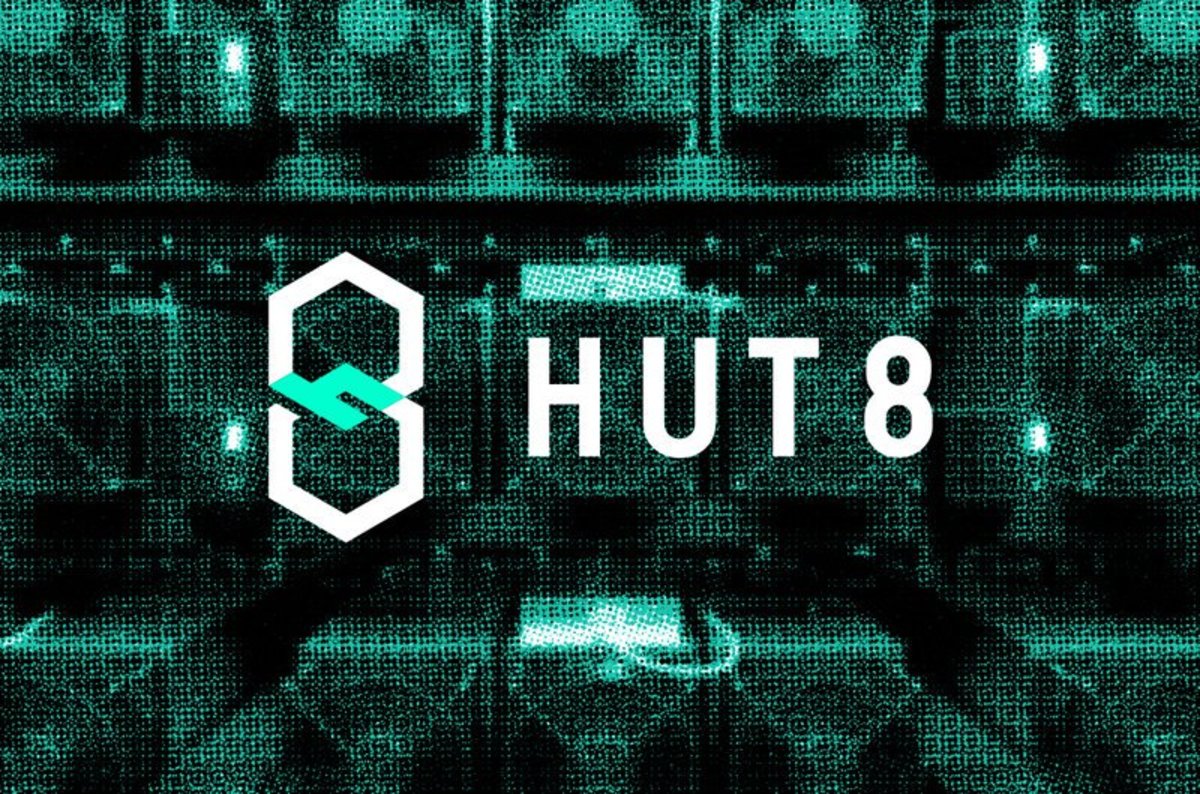
Hut 8 Mining (named after Hut 8 in Bletchley Park, where Alan Turing broke the enigma code and accelerated the end of World War II) has just filed its audited financial statements for 2018, detailing a tight but still profitable bitcoin mining business.
For most mining companies, 2018 was a difficult year. But Hut 8 hung in and, despite having to do a write down, was able to post a small profit.
According to Hut 8, it is currently the largest bitcoin mining company operating in North America (with Hive a close second). In an exclusive interview with Bitcoin Magazine, Hut 8 CEO Andrew Kiguel described how his company withstood crypto winter and progressed while many in the industry were making cuts or closing down.
“Last year was not profitable for many miners,” Kiguel said. “It was a tough year for us too, especially the end of the year. Our goal is to remain lean, operate efficiently and be able to withstand any short-term changes in price and make it to the next positive bitcoin pricing cycle … Hopefully, we are starting that now.”
In 2018, Hut 8 recorded a $18.2 million profit with revenues of $36.6 million and a net operating loss of $8.2 million. It has reported a gross mining profit margin of 50 percent for the year. Since beginning its operations in December 2017, Hut 8 has mined over 8,800 bitcoins.
Mining in Canada
Hut 8 has two mining sites in Alberta, Canada, which leverage 85 BlockBox AC centers — 56 in Medicine Hat and 29 in Drumheller.
Like some other Canadian provinces, Alberta is courting new information technologies and data centers like those used for bitcoin mining, as traditional resource industries decline and available energy supplies increase.
Why Alberta? Kiguel said that Hut 8 gets one of the lowest, if not the lowest, energy rates in Canada and that the Alberta government is positioning itself as business friendly.
A Bitcoin Only Business
Kiguel credited much of Hut 8’s success to a fast start in 2017 and a decision to focus on bitcoin only.
"I was an investment banker for over 20 years before co-founding Hut 8, where I helped raise the initial equity capital,” he said. “I knew that investors were looking for a simple and secure way to get exposure to bitcoin in their existing portfolios without going through the complexities of a crypto exchange and setting up a crypto wallet. As a publicly-traded company, Hut 8 delivers this exposure in a safe and easy-to-manage way.”
Kiguel also credited its success on immediately partnering with mining equipment giant Bitfury.
Partnering With Bitfury
Partnering with Bitfury, which now owns 47.6 percent of Hut 8, allowed the young startup to get out of the gate quickly as the bitcoin price heated up in 2017.
“To eliminate the technology risk associated with most startups, we partnered with Bitfury, who already had mining expertise and manufactures their own ASIC mining chip,” Kiguel said. “Through their equipment availability and operational know-how, we established our operations in Alberta.”
We asked Kiguel about Hut 8’s relationship with Bitfury. He described it as mutually beneficial.
“Bitfury plays a large role in our operations as they manage our sites and we leverage their expertise,” he said. “Key decision making is left to management and the board of directors at Hut 8. We act independently but in partnership with Bitfury. Decisions are made collectively and in the best interest of shareholders. Our objective is to be the largest bitcoin miner in the world. ”
For its mining centers, Hut 8 utilizes the Bitfury BlockBox AC data centers.
The Importance of Sustainable Mining
Hut 8 is very aware that potential investors are looking increasingly at the environmental sustainability of a mining company.
Much of Hut 8’s energy comes from natural gas, which is often vented as a by-product of oil production. The company reported that 77 percent of its energy use comes from renewable sources.
“We are exploring several sites in North America [for expansion], with a focus on seeking out clean energy sources,” Kiguel said. “Ultimately, we will look to expand in regions that offer competitive energy prices and clean energy.”
The Importance of Miners
When asked about what motivates him to work in a field like mining, Kiguel noted the critical role these operations play in the Bitcoin ecosystem.
“Miners play the key role in validating transactions on the Bitcoin blockchain,” he said. “We believe that bitcoin is the future of digital money and that our work is crucial. Our goal is to remain lean and operate efficiently to withstand short-term changes in price so that we can maximize profits during the next positive bitcoin pricing cycle, which we're hopefully in the midst of now.”








